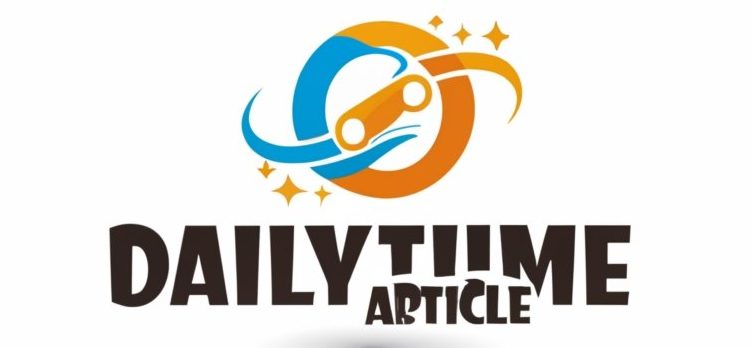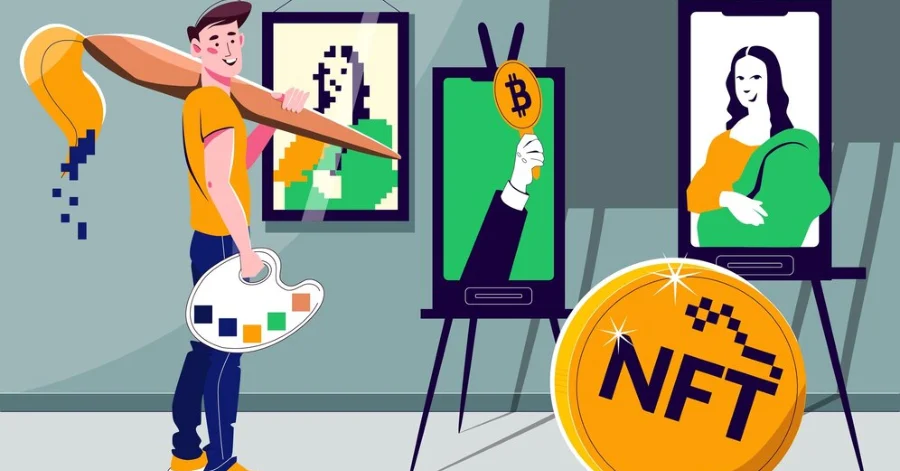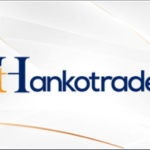Exploring NFT Marketplaces
Non-fungible tokens (NFTs) have taken the digital world by storm, revolutionizing the way we buy, sell, and collect digital assets. NFT marketplaces serve as the central hubs for trading these unique digital tokens, offering a platform for creators, collectors, and investors to buy, sell, and exchange digital collectibles, art, and other unique assets. In this comprehensive guide, we delve into the world of NFT marketplaces, exploring their key features, benefits, and potential impact on the future of digital ownership.
Understanding NFT Marketplaces
Definition and Concept
An NFT marketplace is a digital platform that facilitates the buying, selling, and trading of non-fungible tokens (NFTs). Unlike traditional cryptocurrency exchanges, NFT marketplaces specialize in the trading of unique digital assets, such as digital art, collectibles, virtual real estate, and more.
Key Features
Key features of NFT marketplaces include user-friendly interfaces, search and discovery tools, digital wallets for storing NFTs, and integration with blockchain technology for secure transactions and provenance tracking. NFT marketplaces provide creators with a platform to mint, list, and sell their digital creations, while enabling collectors to browse, purchase, and showcase their collections.
Benefits of NFT Marketplaces
Access to Unique Digital Assets
NFT marketplaces offer access to a wide range of unique digital assets, including digital art, collectibles, virtual real estate, domain names, and more. Collectors can explore diverse collections from artists, creators, and brands worldwide, discovering rare and exclusive digital assets.
Creator Empowerment
NFT marketplaces empower creators to monetize their digital creations and retain ownership and control over their intellectual property. Artists, musicians, game developers, and content creators can tokenize their work as NFTs, reaching a global audience and earning royalties from secondary sales.
Transparency and Provenance
Blockchain technology provides transparency and provenance tracking for NFTs, enabling collectors to verify the authenticity, ownership, and history of digital assets. Each NFT is recorded on the blockchain with a unique cryptographic signature, ensuring immutability and traceability of ownership.
Popular NFT Marketplaces
OpenSea
OpenSea is one of the largest and most popular NFT marketplaces, offering a wide range of digital collectibles, art, virtual real estate, and more. Users can buy, sell, and trade NFTs from various blockchain networks, including Ethereum, Polygon, and others.
Rarible
Rarible is a decentralized NFT marketplace that enables creators to mint, sell, and collect digital assets without intermediaries. Users can discover and purchase unique digital collectibles, art, and other NFTs while supporting creators directly.
SuperRare
SuperRare is a curated NFT marketplace for digital art, showcasing limited-edition digital artworks from leading artists and creators. Each artwork on SuperRare is tokenized as an NFT, providing collectors with exclusive access to rare and unique digital creations.
Conclusion
NFT marketplaces represent a groundbreaking innovation in digital ownership, offering a new paradigm for buying, selling, and collecting digital assets. By providing creators with a platform to tokenize and monetize their work and enabling collectors to discover and own unique digital collectibles, NFT marketplaces are reshaping the future of digital ownership and creativity.







